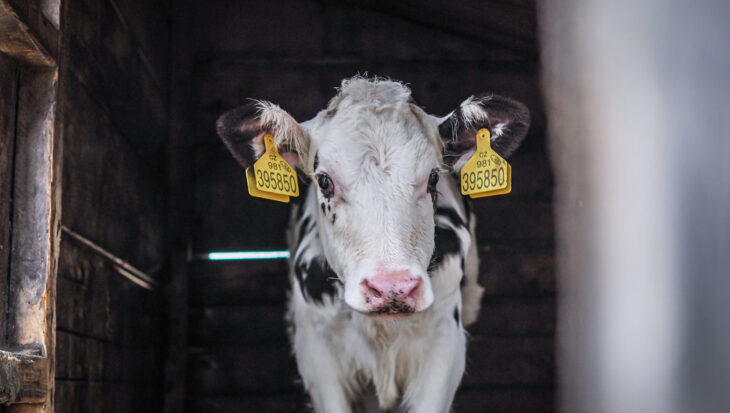World Day is recognised by the United Nations as a time to remember the hundreds of millions of animals used and killed every year in experiments around the world. Large numbers suffer and die in British laboratories in procedures paid for by powerful research charities. And yet those bodies – which are dependent upon public donations – are prone to secrecy and concealment when it comes to their involvement in vivisection.
In January, Animal Aid wrote to Cancer Research UK, the British Heart Foundation, the Alzheimer’s Society and Parkinson’s UK, calling on them to debate our scientific consultants on the scientific, as well as the moral, case for animal use. None responded.
The challenge arises from Animal Aid’s Victims of Charity campaign, which encourages people to support only those charities committed to wholly non-animal research methods, such as the use of donated human tissue and organs, microdosing, computer modelling and imaging technologies.
Animal Aid’s fully referenced report, Victims of Charity, published in June 2011, describes how charity-funded medical researchers have deliberately damaged monkeys’ brains with toxic chemicals, and slowly and systematically destroyed dogs’ hearts. Other researchers have tormented mice in water mazes, injected them with cancerous tissue, or used animals who had been subjected to special breeding programmes that left them weakened, disease-prone and mentally deranged.
Victims of Charity exposes as false, the claim that such animal research is justified because it produces significant health benefits for people. The authors, hospital doctor and medical lecturer Dr Adrian Stallwood, and veterinary surgeon Andre Menache, examined past and contemporary accounts of experimental procedures written by the experimenters themselves. They also assessed scientific reviews in leading specialist journals, before concluding that animal-based research into cancer, dementia, heart disease and Parkinson’s has been a ‘wasteful and futile quest’ – one that has failed to advance the cause of human medicine.
Says Animal Aid Director, Andrew Tyler:
‘The four major charities we invited to debate us in public earlier this year have so far refused to respond to our challenge. This reinforces the perception that they are determined to suppress any meaningful discussion about the animal research they fund. This is perhaps unsurprising given that, in an NOP poll commissioned last August by Animal Aid, 82 per cent of respondents said that they would not knowingly donate to a medical research or health charity that funds experiments on animals. Given the huge support enjoyed by medical charities that bankroll such research, it is clear that the public has been kept in the dark about how their donations are used. On World Day for Animals in Laboratories, Animal Aid is calling on the charities to end their secrecy and to confront, in public, straight questions about their scientific and moral reasoning for funding vivisection.’
Victims of Charity can be downloaded here
For more information or to arrange an interview:
Andrew Tyler: 01732 364 546. Out of hours 07918 083 774.

